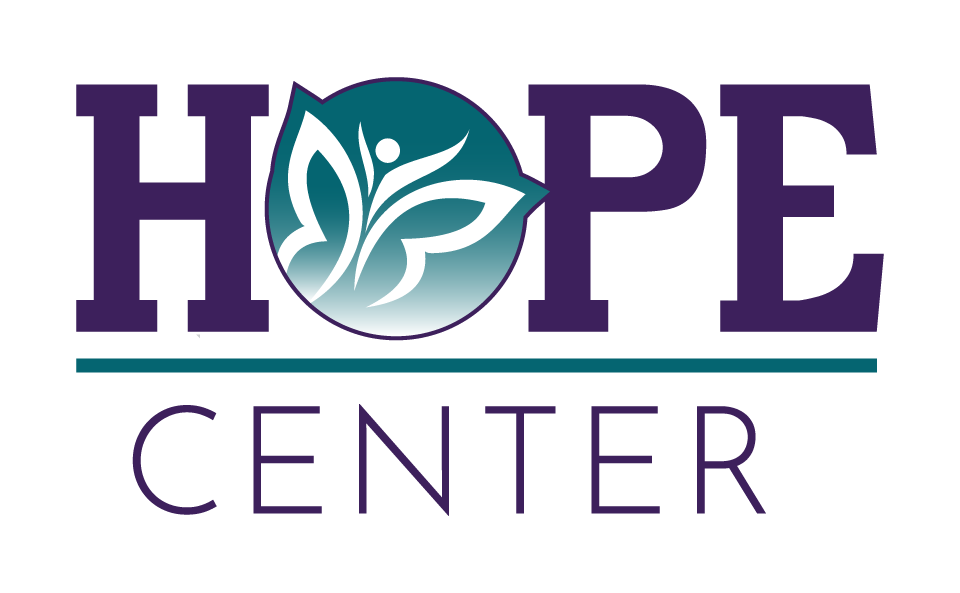We will win though
During the past weeks, our nation has been awash in the issue of sexual assault as the Kavanaugh hearings placed it front and center in the news and on social media. The nuances of all those stories are intimately familiar for me and for many survivors. In my personal life, in my work in the battered women’s movement, and in supporting friends, I have seen how domestic and sexual violence is repeatedly dismissed denied and minimized. I have known crushing victim-blaming. I have watched how families and communities protect perpetrators with such striking consistency that it seems they are following some kind of shared cultural script. As this plays out again on a national stage, it confirms and enforces an oppression that many of have experienced personally and vicariously.
It can feel hopeless, like nothing will change. It can feel like basic power over our own bodies can be denied while the community decides to look the other way.
This fight has been waged for a very long time now. Sometimes we move ahead, and sometimes we fall back, but looking over the course of generations, we have made progress against gender-based oppression. The battles change, the tactics change, and there are sometimes retreats or detours, but none of what we are facing today is new. Backlash is no surprise. The impressive power of some of our adversaries is no surprise. The exhaustion, suffering and defeat we may feel is no surprise.
Our strength is no surprise either. In the long haul of this battle, many of us learn how to become warriors. We don’t learn it through formal training but through the messy process of hitting our own limits and then somehow finding the resources to learn and keep living. We learn it by looking unflinchingly at the truth even when it is excruciating. We learn it because our continued existence depends on it.
I am not using that phrase lightly. We are confronting deadly stuff. Some of us die because of the injuries we received in domestic and sexual violence, and many are lost through suicide or the ongoing complications that come as a result of trauma. Some of us lose huge parts of our lives to addiction that we accidentally stumbled into as a coping mechanism. Some of us are pulled into the false safety of denial where our lives can never unfold in wholeness. Some of us retreat into silence and submission to stay safe. Through all of this, we keep fighting against the awful weight of it, adjusting our tactics to the situations that present themselves.
As someone who sees herself as a combatant in a war on women, I have been thinking for a long time about what courage means. It has been hard for me to see myself as courageous because I am a gentle person, and in my personal battles against domestic and sexual violence, I always felt completely overpowered. None of those pictures fit my image of a strong, brave warrior. Over time, I have begun to see courage as moving towards a powerful vision even when everything we see suggests that the vision is unworthy or out of reach. It means coming back to fight for the vision even after we feel that we have let ourselves or others down in some way. It means continuing to resist, even when our actions seem insignificant or when we know that our hopes may not be reached.
Many of us have earned the badge of courage, and we will continue to wear it. We will continue to use it because we have no choice. We will continue to fight for our human rights, and over the course of generations, I believe we will continue to win.
By Hope Center volunteer Elizabeth O’Sullivan

